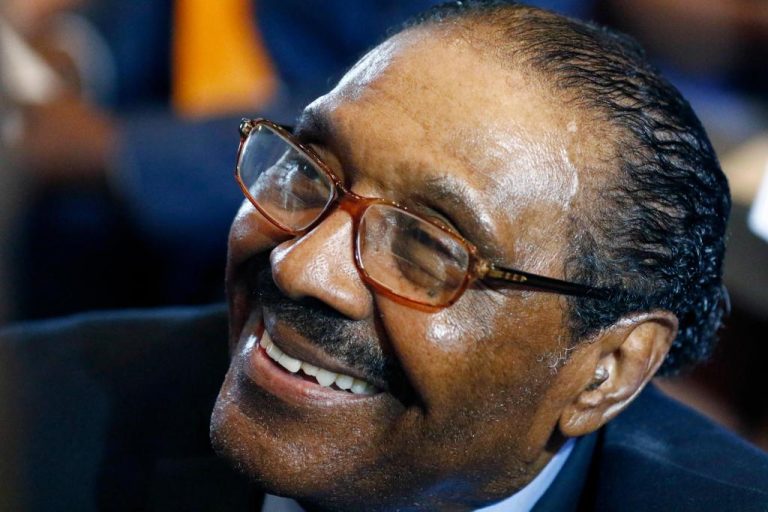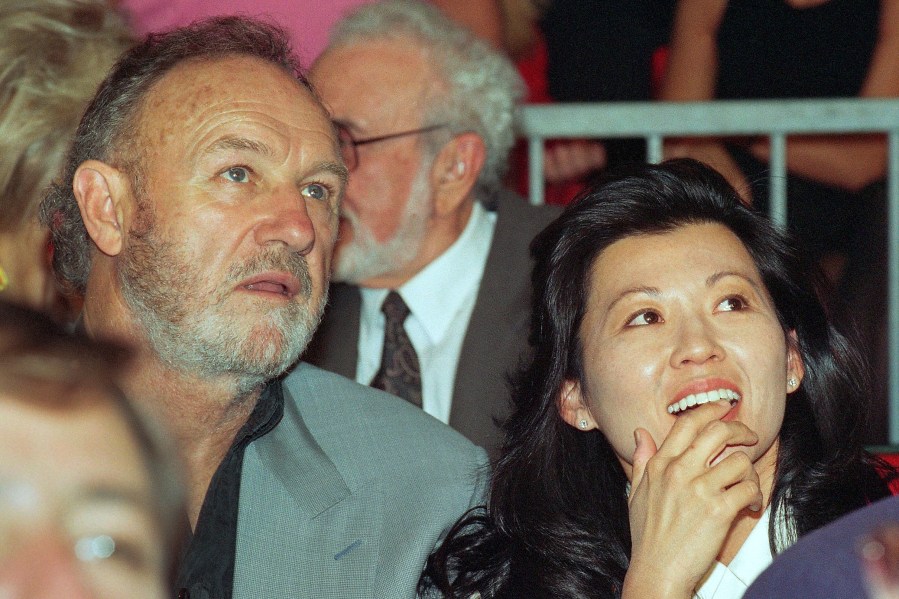![]()
A federal judge in San Diego has acquitted two businessmen who were charged with securities fraud, ruling prosecutors failed to come up with convincing evidence against the pair, who were among four men charged with allegedly running an illegal pump-and-dump scheme.
U.S. District Judge Cynthia Bashant ruled that on at least one of the charges, “the government’s theories are all over the place,” according to a transcript of a Dec. 2 hearing.
“It’s not clear to me who was being defrauded,” Bashant said during the hearing, in which she took the relatively rare step of issuing judgments of acquittal for defendants Jonathan Destler and Robert Lazerus and dismissing all charges against them.
The government indicted Destler, Lazerus, Donald Danks and David Stephens in 2022. The indictment alleged that the men engaged in a market manipulation scheme to artificially inflate the stock price of the publicly traded Canadian firm Loop Industries, then fraudulently profited from the sale of that stock.
Attorneys for Destler, Lazerus and Danks had asked for the dismissals under a federal rule of evidence that allows a judge to dismiss charges when the judge finds, after the prosecution presents its case to a jury, that “the evidence is insufficient to sustain a conviction.”
A jury earlier this year hung 8-4 in favor of acquittal following a trial for Destler, a 61-year-old Los Angeles resident; Lazerus, a 68-year-old Solana Beach resident; and Danks, a 67-year-old Newport Beach resident. Stephens, a 68-year-old Canadian and the lead defendant in the case, has remained in Canada while prosecutors try to extradite him, according to a government trial brief.
After the jury deadlocked, prosecutors maintained their stance that the evidence was strong and objected to the defendants’ motions to dismiss the case.
During the Dec. 2 hearing to address the dismissal requests, Bashant said there was “a lot of smoke swirling around in the case. There are transactions that suggest something nefarious was going on.”
But she went on to state that the question she had to answer was not whether there were head-scratching transactions, but whether a rational juror could find the defendants guilty beyond a reasonable doubt.
“Significantly, the government, I think, failed to prove that any actions (Destler) took were for the wrongful purpose of defrauding or deceiving anyone,” Bashant ruled. “I just think the evidence is insufficient.”
She ruled the evidence against Lazerus was also insufficient. As to Danks, she ruled “the evidence was pretty strong against him” and denied his motion to dismiss, ruling that a rational juror could find him guilty.
The U.S. Attorney’s Office in San Diego declined to comment on the dismissals or to answer questions about whether it plans to re-try Danks or continue the extradition process for Stephens.
“Mr. Destler maintained his innocence since Day One,” Andrew Young, one of Destler’s defense attorneys and a former prosecutor, said this week. “He volunteered to go in (and speak with federal authorities) without protection and answered every question. He testified on his own behalf at trial. He is thankful for the court’s dismissal order and grateful that this ordeal is over with.”
Martha Hall, one of Lazerus’s attorneys, said her client was “extremely relieved and grateful,” pointing out that it’s been about five years since the FBI began investigating the case in late 2019.
“It has been a long and difficult journey for Mr. Lazerus,” Hall said last week.
The U.S. Attorney’s Office in San Diego alleged that Loop Industries, a company that claims it can recycle previously un-recyclable plastics, was rotten from the start. Prosecutors alleged that several of the defendants illegally conspired with others to start the company through a reverse merger, in which a private company goes public by purchasing control of a public company rather than raising money through an initial public offering.
But Bashant ruled during the hearing earlier this month that “nothing about this reverse merger … was illegal.” She said that even if the defendants “mapped out in advance and they planned out in advance how they were going to keep tight control (of Loop’s stocks), I just don’t see how any of that is illegal.”
During an earlier hearing in October, Bashant said prosecutors were “trying to make this a big scheme. And I think they just don’t have the evidence.” She said some facts and evidence appeared to be “fishy” and “look suspicious.” But, she continued, “I’m not sure that (the prosecution is) able to tie it all into a big scheme.”
The government also alleged that Stephens, Destler and Danks held tight control over the majority of the company’s stocks. “They set about to steadily manipulate the stock price to increase its value, with the goal of getting it uplisted to the NASDAQ — a goal they achieved in November 2017,” prosecutors wrote in a trial brief. “The defendants did this to monetize their holdings in LOOP without ever revealing to the public … or to their own brokerage firms … that they controlled virtually all of LOOP’s stock and worked in concert with each other to carefully coordinate its sale.”
And the government alleged that Destler and Lazerus even admitted to committing illegal acts to an undercover FBI agent. But the attorneys for them and Danks argued the government’s allegations were baseless.
“As was demonstrated at trial, the government simply cannot prove that Mr. Destler conspired … or acted independently … to commit securities fraud because it does not have the evidence and woefully lacks a cogent theory,” Young, the defense attorney for Destler, wrote in a motion for acquittal. “There is no seven-year grand conspiracy here. Without that conspiracy, the government’s true ‘case’ is laid bare: it is nothing more than a series of unrelated events over a seven-year period from which the government has cherry-picked isolated facts, removed their context, and woven them together to present a false narrative.”
While it remains unclear if or when Stephens will be extradited, Bashant set a new trial date for Danks in June.






